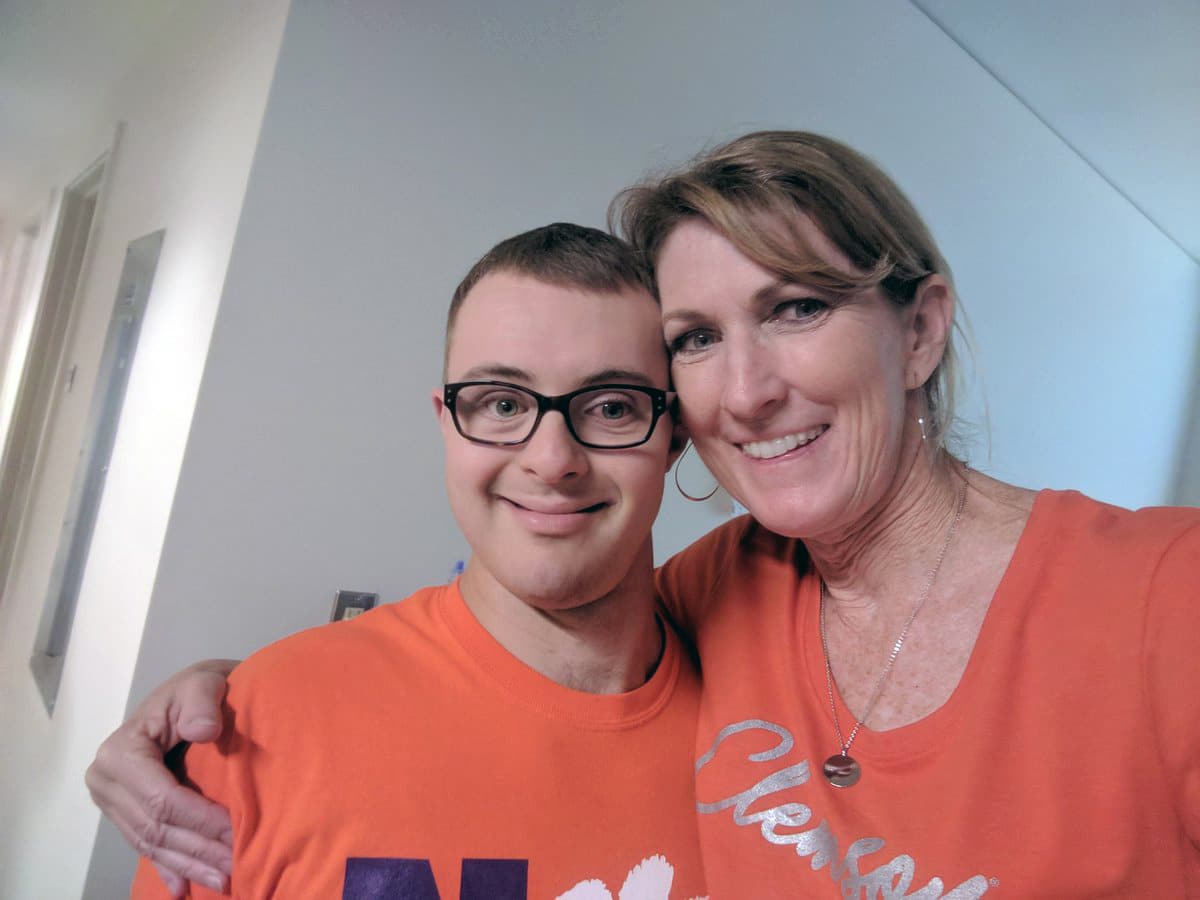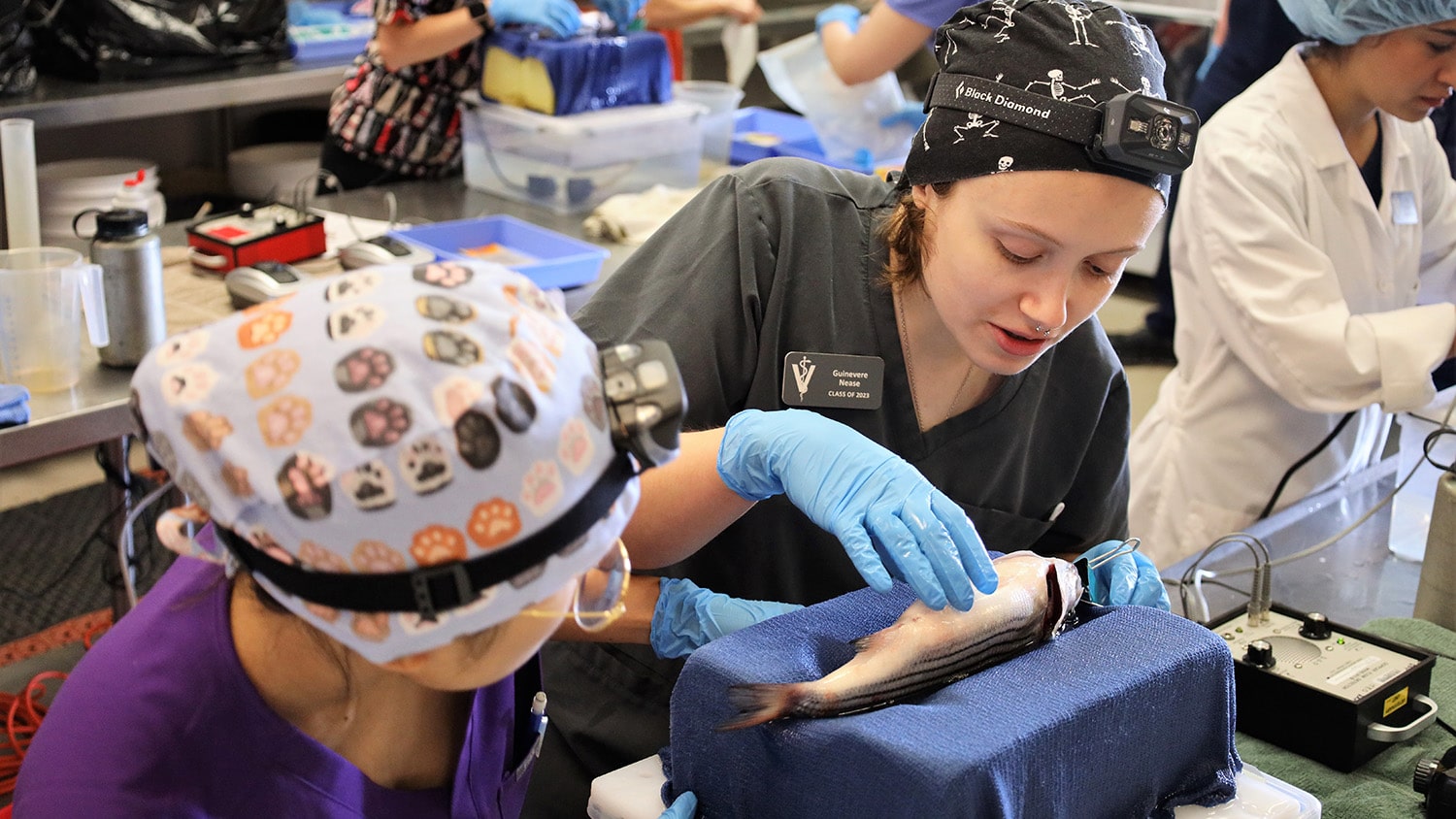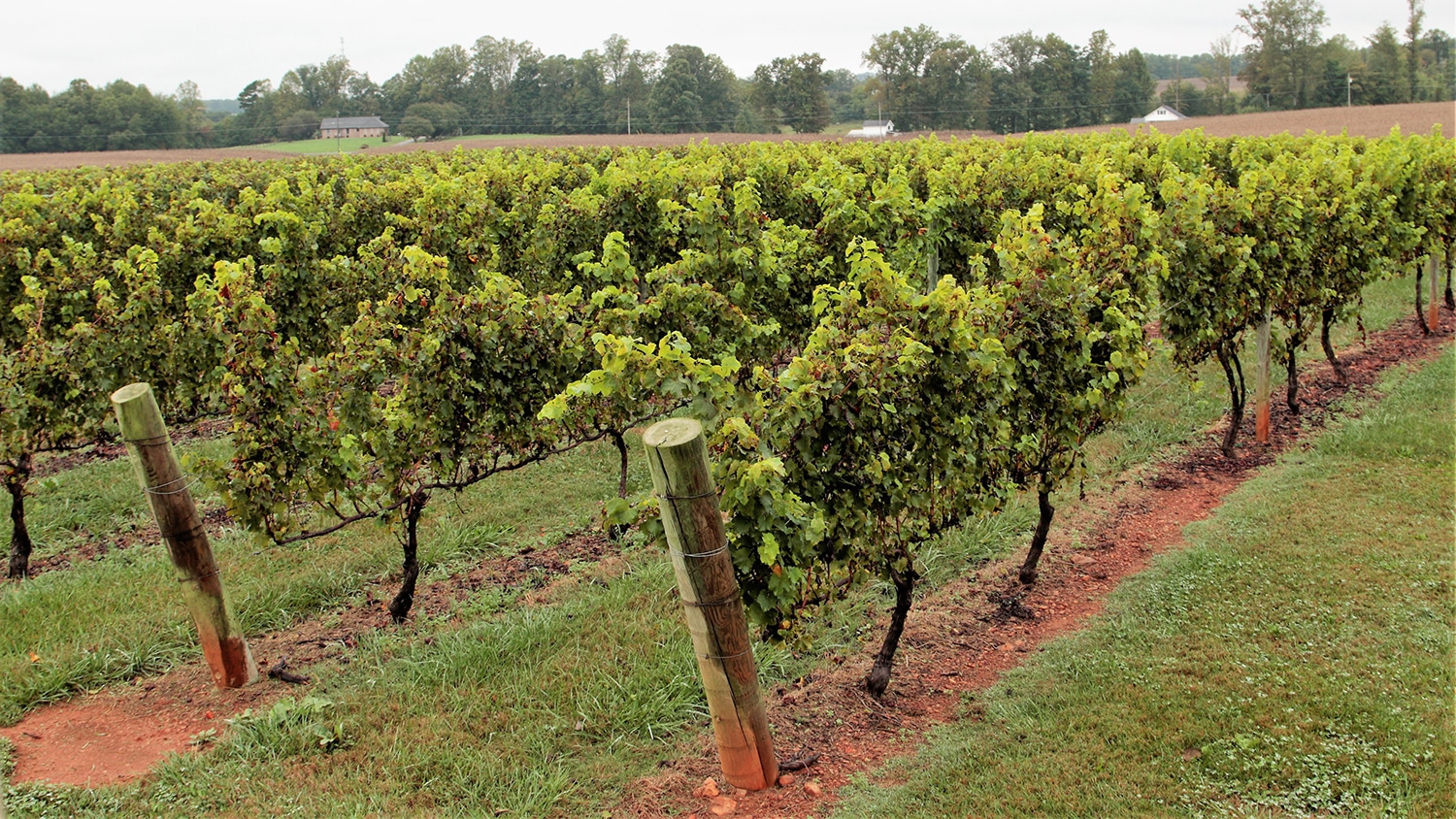Lasting Impact in (and Outside) the Classroom
The Kenan Fellows Program for Teacher Leadership aims to boost performance in classrooms and strengthen communities around North Carolina.
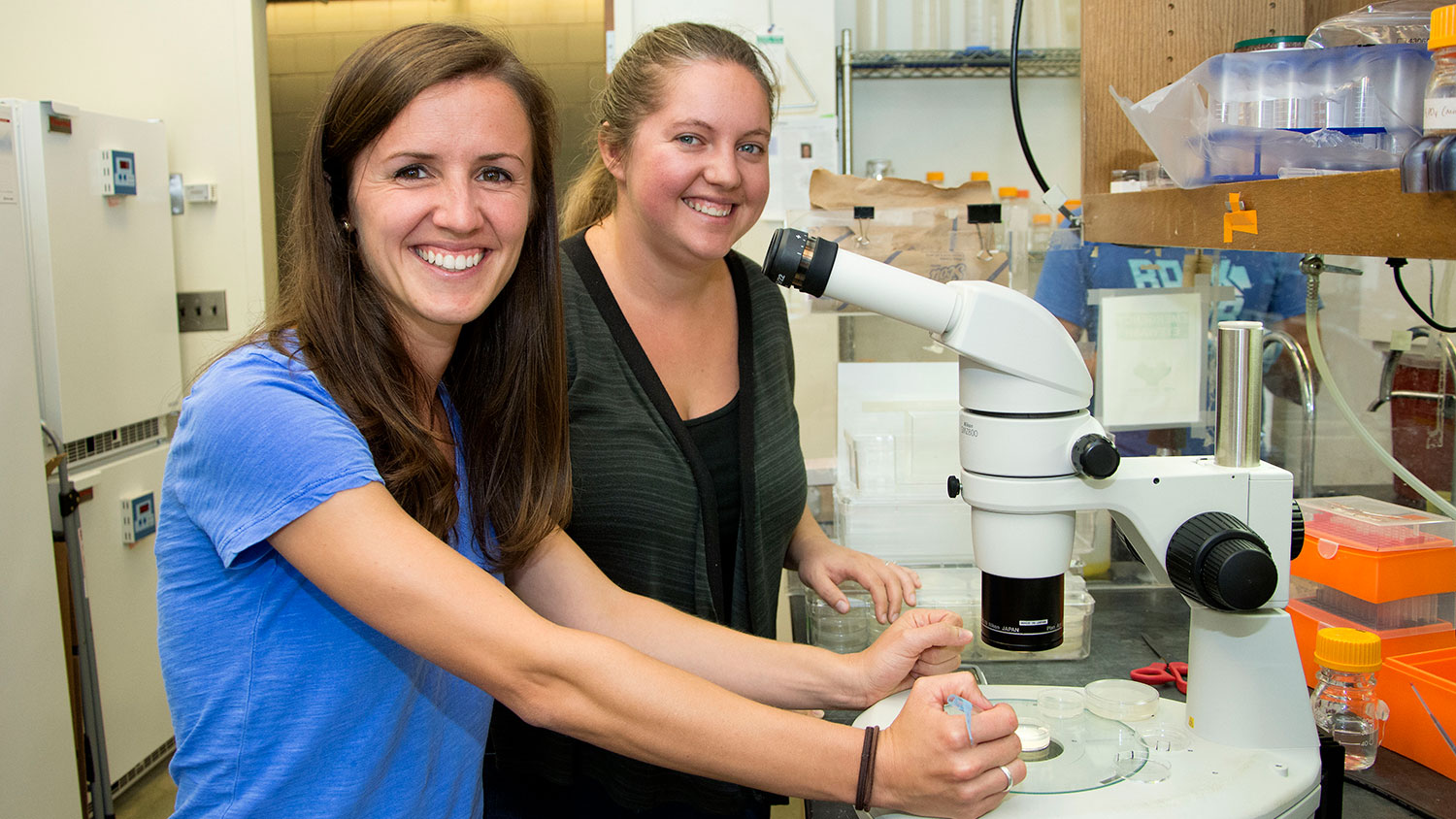
The school year is winding down, but 19 teachers from across North Carolina are gearing up for their own learning experience in the Kenan Fellows Program for Teacher Leadership.
The program, now in its 20th year, offers professional-development sessions, an internship and networking opportunities to boost teachers’ performance in the classroom and, in turn, strengthen their communities, says Elaine Franklin, program director. Today there are 493 fellows across North Carolina and beyond.
Kenan staff have faced some challenges this year because of the COVID-19 pandemic. Online interviews have replaced face-to-face ones, and the residential program that usually takes place at the North Carolina Center for the Advancement of Teaching in Cullowhee might not be possible.
However, the mission to improve the quality of K-12 teaching hasn’t changed.
“We are particularly looking for teachers who are aspiring to have an impact in their classroom and beyond,” Franklin says. “They really have a desire to lift up their profession and support other practitioners.”
Local Teamwork
The Kenan Fellows Program originally targeted STEM teachers but now is open to instructors of all subjects and grade levels. The program has made an effort in recent years to reach out to rural communities, Franklin says. Cohorts often include teachers from Title I schools with large numbers of students from low-income homes.
Fellows go through 80 hours of professional development, and topics change depending on what’s important in the world of education. This summer, discussions will include remote teaching and learning, Franklin says.
Teachers then begin a three-week internship with a mentor to identify and address an educational need, culminating in a capstone project. For the 2019-20 cohort, those included formulating a love of STEM education, using statistics to solve problems and promoting diversity in leadership.
“In true project-based learning, you want to be solving a real-life problem,” Franklin says, adding that teachers appreciate the practical approach. “They say it makes a difference because somebody’s going to use it. It’s not just solving it for a school project, it could actually be put into use.”
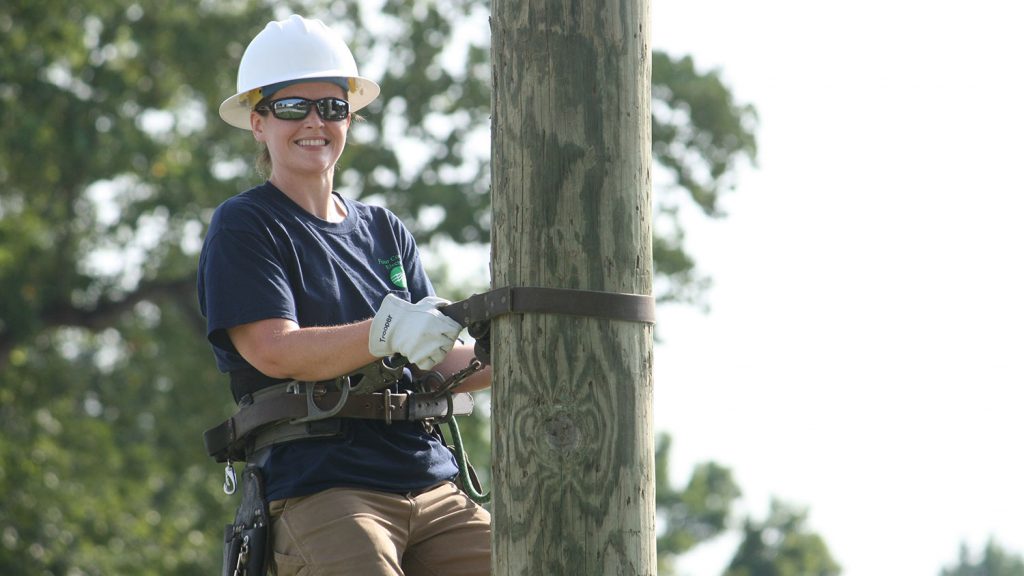
Projects can align with mentors’ industries or organizations — the mentors for the 2019-20 project Pork Proud STEM Classwork came from the Wayne County Farm Bureau, the North Carolina Pork Council and the North Carolina Farm Bureau. Mentors can come from corporations, local groups or universities — including NC State — and work with the teachers in different ways.
“If you’re teaching an AP Biology class in high school, the person who is your mentor may come in to help teach a procedure,” Franklin says. “It’s going to be all over the map.”
Local Impact
Kenan’s internships fulfill its mission of helping both teachers and their communities.
“We want these to be very place-based, very local,” Franklin says. “We want fellows really learning about the resources in their community. We want to help them build relationships with businesses, industries, universities and community colleges in their own community.”
According to Kenan’s reviews, the program is working. Fellows report that it made them better teachers, helped them develop skills to work with community stakeholders and turned them into capable mentors for fellow instructors.
That level of empowerment is the benchmark of the program’s success, Franklin says.
“We are fortunate to be able to select wonderful, outstanding teachers,” Franklin says. “We hope to elevate them, amplify their voices and give them that boost.”
- Categories:
